I swapped doomscrolling for reading before bed and I regret to inform you it did improve my sleep
Can shutting your phone away at night really make such a difference? Sadly, yes
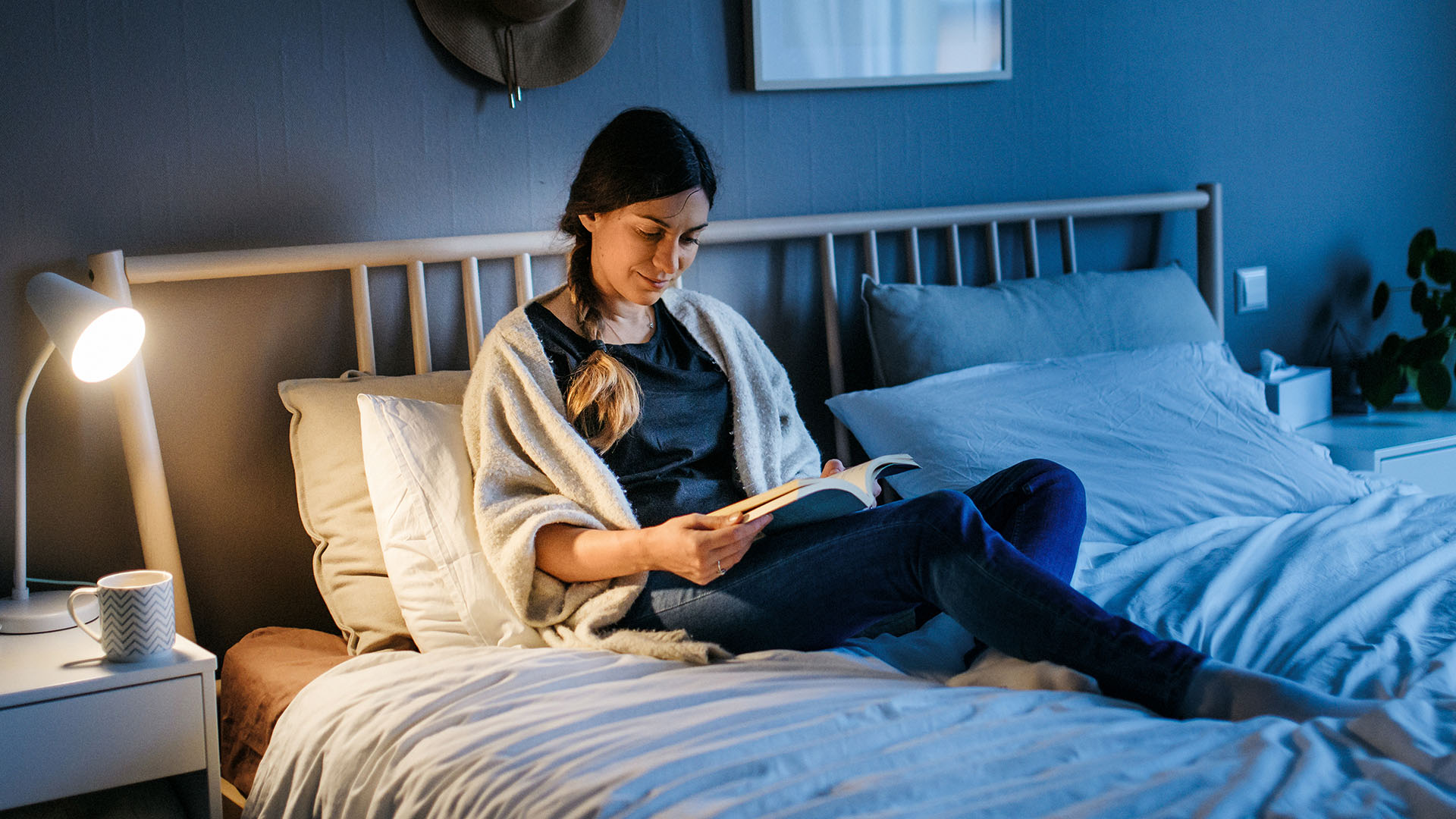
As TechRadar's Sleep Editor, I spend a lot of my time advising people how to improve their sleep. Not just how to find the best mattress for your sleep style, but what good sleep hygiene looks like; what to do, what to avoid, how to introduce new habits. Like the doctors you see huddled outside hospitals having a sneaky cigarette, my dirty secret is that I'm not very good at following my own advice. And I should be, because, ironically, I'm not a great sleeper.
This January, I decided it was time to do something about it. I'd got into a particularly bad habit of playing around on my phone in bed, and mindlessly doomscrolling my way well past what could be considered a reasonable bedtime. Okay during holiday time, but not so great when you have to get up for work the next day. I decided to ban my phone from my bed for a week, and swap in reading instead, to see if it would improve my sleep.
There's plenty of research that shows that screens in bed aren't conducive to good sleep (I'll dig into the reasons for this more below). On the flip side, reading before bed has been linked to better sleep.
After a week of no-phones-in-bed, here were my main takeaways. Note: If you're thinking of making a similar switch, using a sleep tracker to monitor progress might be a good way to do it (you can invest in one of the best sleep trackers, but actually most fitness trackers have good sleep-tracking features nowadays). I didn't use a tracker for my challenge for the simple reason that I find it really irritating to sleep with something on my wrist, and I didn't want that to factor into my experience.
1. It helped separate 'day' from 'sleep' time
The thing that stood out most was that the act of retiring my phone for the night introduced a clear break between 'day' and 'bedtime'. While I don't think I'm particularly glued to my phone in general, I'm rarely actually without it. Upsetting as it is to admit it, the process of putting it away felt like a shift.
Having a distinct start to 'bedtime' rather than just sliding from doing day stuff into sleep time also meant I was more aware of how long I was spending in bed but not sleeping. During my challenge week, I consistently went to sleep significantly earlier than I had been doing previously, and I felt less restless and more ready to sleep when I closed my eyes for the night, too.
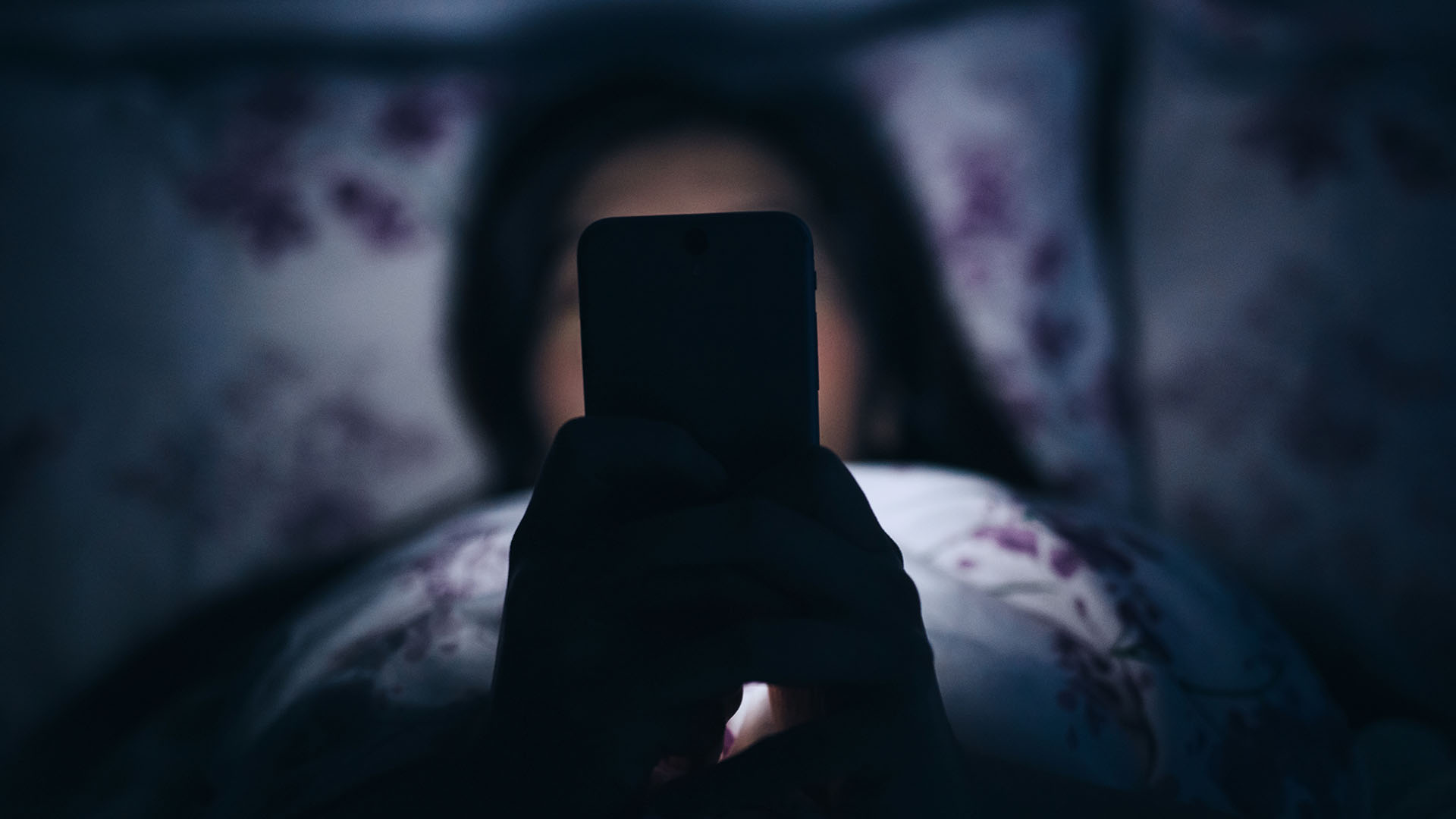
I had decided that I'd primarily swap my phone for reading. But I found without the distraction of a phone, I had time for other virtuous pre-bed activities. Putting on a sleep-promoting, lavender-scented moisturizer that'd been hanging around my room since I was gifted it at a press event. Lying on my back with my feet up the wall trying to encourage my hamstrings to develop a modicum of flexibility, as recommended by my yoga teacher. These are things I don't really do, but I embraced during my no-phone week.
Sign up for breaking news, reviews, opinion, top tech deals, and more.
2. It didn't fix everything automatically
Although it did absolutely improve things, simply putting away my phone wasn't a silver bullet for incredible sleep. I still took a while to drop off, and if the students next-door were being annoying, I still lay in bed silently raging at them. It also served as an important reminder that doomscrolling is far from only way to procrastinate.
I found weekend evenings particularly difficult. In a turn of events that is not reflective of the liveliness of my social life in general, I ended up with two separate parties scheduled for the weekend of my challenge. Are the wellness influencers really coming home from karaoke in the middle of the night, drinking a herbal tea and spending half an hour reading? If so, they are better people than I. I did not read on these days. I didn't doomscroll, though, so that's something.
Mentally, I found sticking to a 'good' bedtime routine on weekend nights more difficult, too. I felt irrationally annoyed, and like I was being tricked out of my free time. Even though by the time I'd got round to Friday night, it had become very clear that I wasn't really missing anything by discarding that doomscroll.
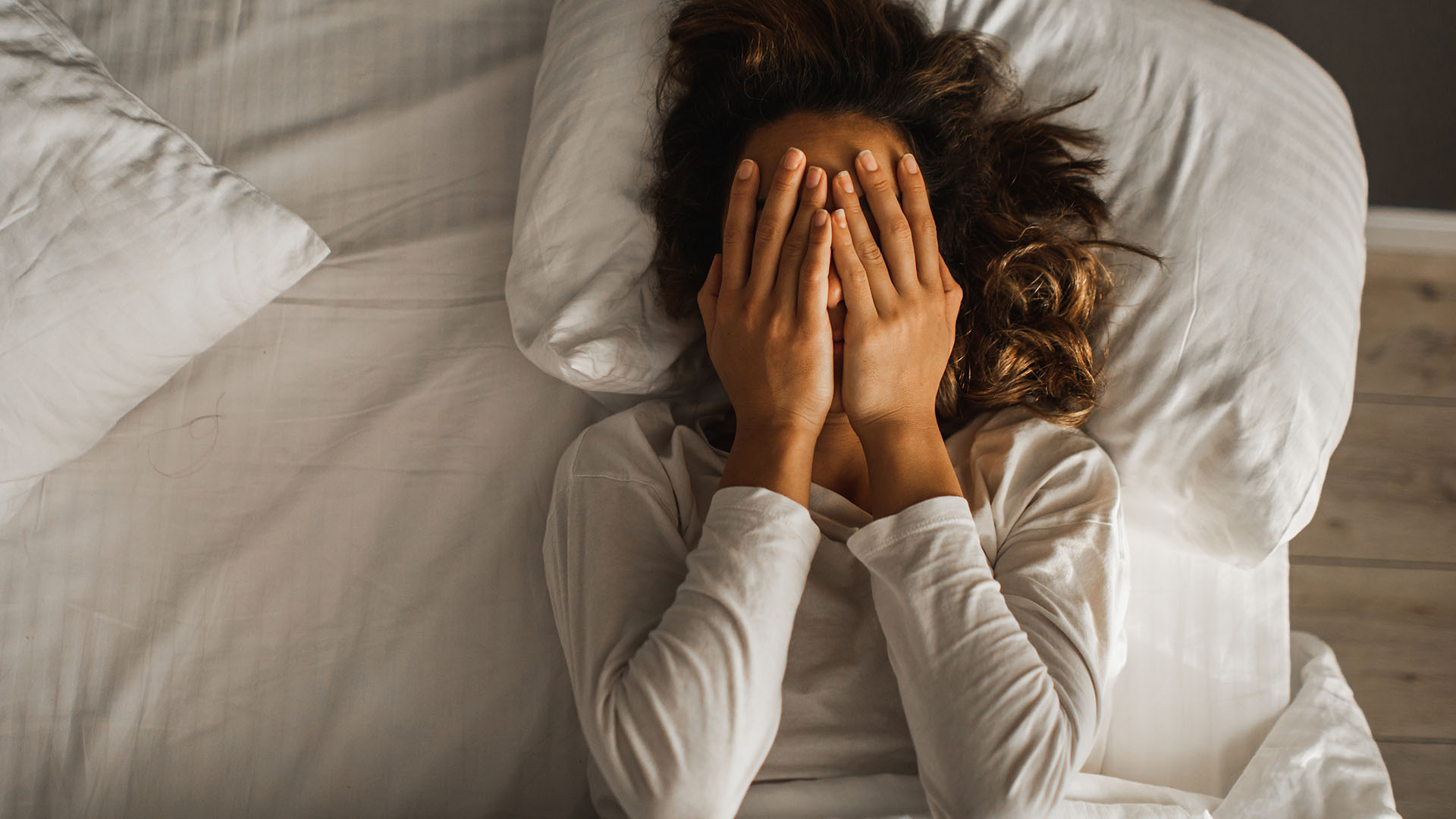
3. The 'best' bedtime activities need to be boring
I chose to read, but officially, a 'good' bedtime routine can involve any calming, consistent, wind-down activity. It might be skincare session, a shower, a stretching sequence. The idea is that your brain starts to associate you doing those actions with getting ready to sleep. I came to the realisation during my no-phone week that the activity you pick needs to be somewhat boring in order to really work.
On the night that I was reaching the end of my book, I read much later than I should have. The same goes for any activity you can get compulsively into (cleaning the kitchen, say). If you're hooked into the activity, the danger is that you'll end up pushing back your bedtime so you can continue with it, or that if you don't, you'll go to bed with a niggling, unsatisfied feeling that's not ideal for dropping off to.
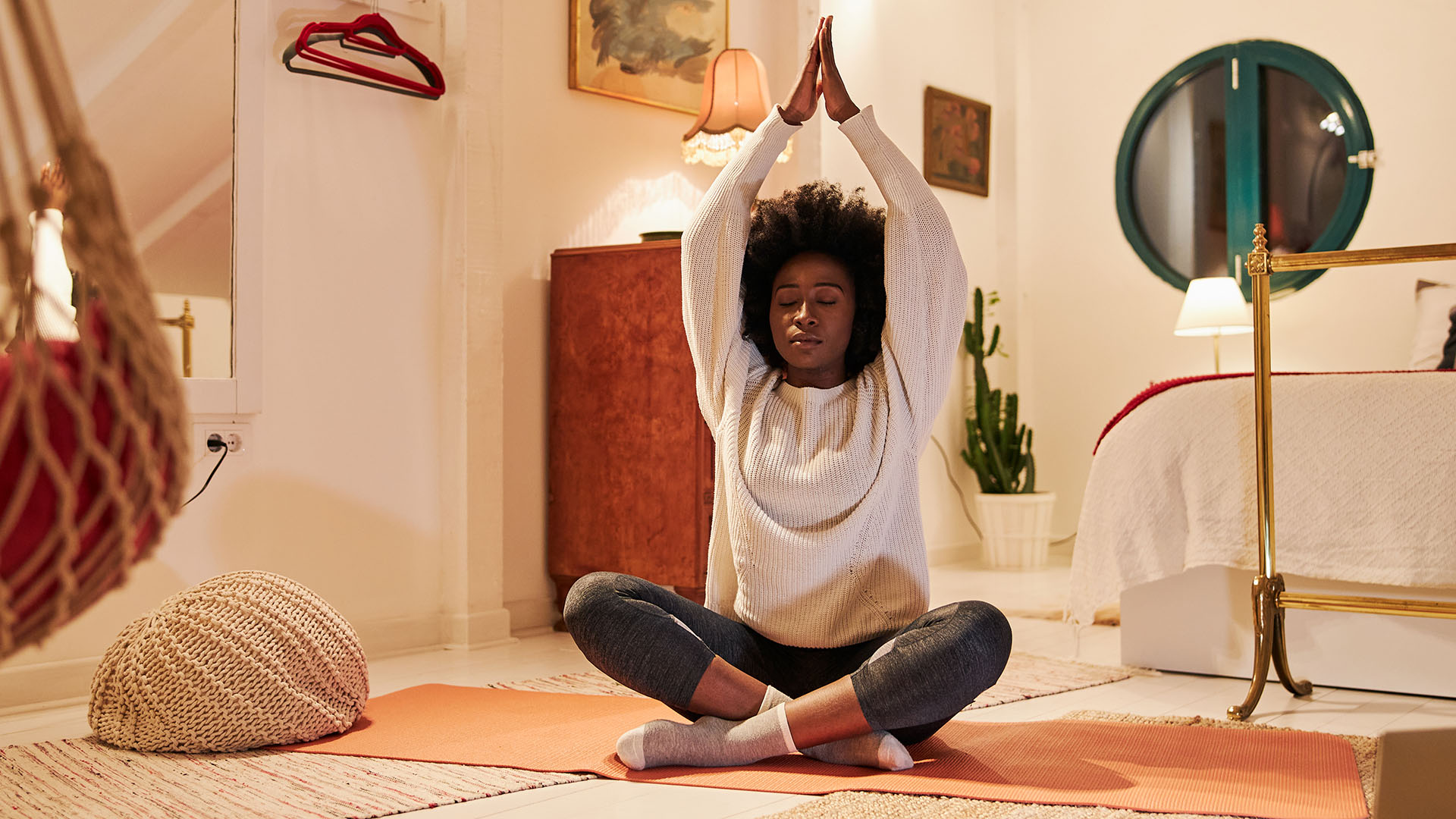
How and why might screens affect sleep?
There is evidence that using screens in the run-up to bedtime is linked with poorer sleep. The National Sleep Foundation's 2022 Sleep in America poll is a large-scale, annual study, and found that those who often used screens around bedtime reported worse sleep quality, more issues in getting to sleep, and shorter sleep duration. The findings were similar to those found in previous Sleep in America polls.
So why is this the case? One part of it is to do with light. Your body regulates its sleep-wake cycle primarily by responding to light signals. Put simply, light suppresses the production of melatonin – a hormone that makes you feel sleepy – while darkness promotes it. That's why it's so difficult to wake up in the winter.
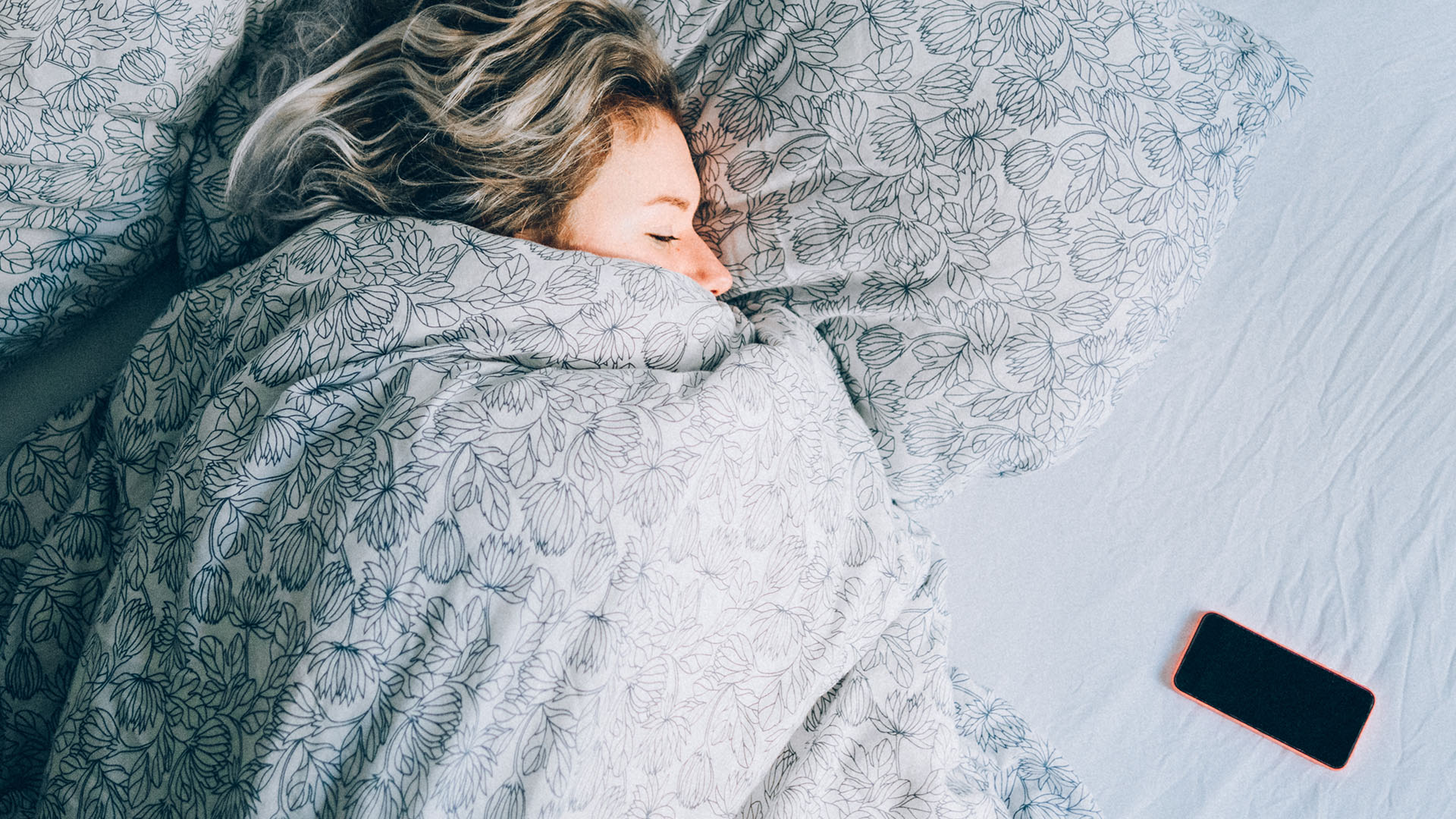
Blue light (the part of the visible light spectrum with the shortest wavelength) has a particularly strong energizing effect. You'd be mistaken for thinking that blue light comes exclusively from screens, but in fact the biggest source of blue light is the sun. The LEDs illuminating your device screens also emit blue light, but in much smaller quantities. A nice dose of blue light is ideal for waking you up and helping you feel more alert in the morning, but less helpful when blasted into your eyeballs late at night.
The other aspect is to do with the kind of content people tend to consume on their phones: addictive, fast-moving, mentally stimulating, and sometimes stressful or emotional. Essentially, the opposite of what you want when you're trying to wind down.

Ruth is TechRadar's Homes Editor specializing in air (vacuum cleaners, fans, air purifiers), and hair (hair dryers, straighteners and stylers). She has been in consumer journalism since 2020, reviewing and writing about everything from outdoor kit to mattresses and wellness gadgets, with stints on Tom's Guide and T3.